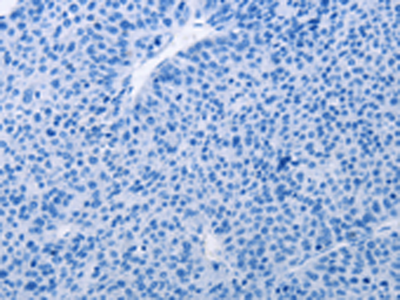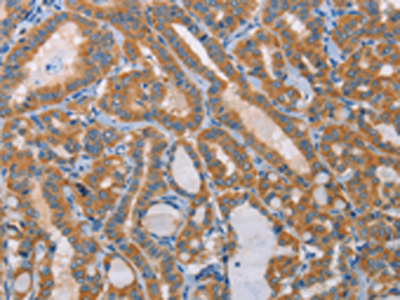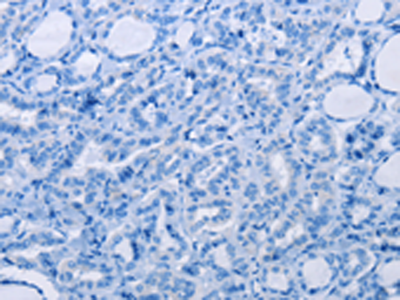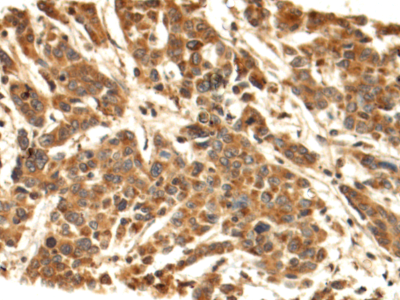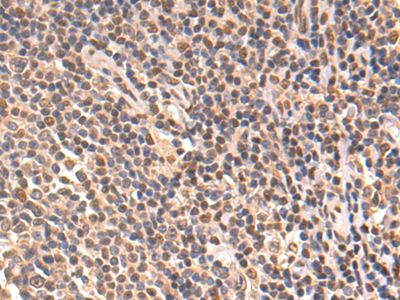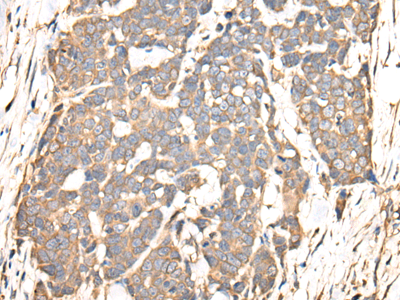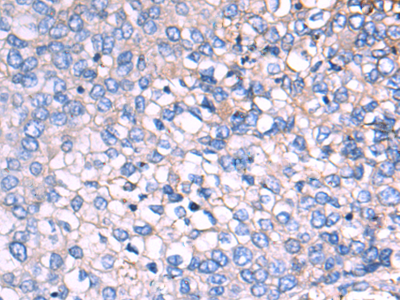
Email Us:info@neweastbio.com
Call Us:(+1) 610-945-2007

Email Us:info@neweastbio.com
Call Us:(+1) 610-945-2007
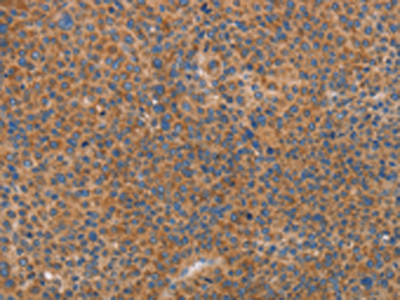
Size:100 μl
Price:$ 349
Brand:NewEast  Place of Origin:USA
Immunogen:
Place of Origin:USA
Immunogen:
| Cat.#: S210778 | ||||
| Product Name: Anti-PRKAA2 Rabbit Polyclonal Antibody | ||||
| Synonyms: AMPK; AMPK2; PRKAA; AMPKa2 | ||||
| UNIPROT ID: P54646 (Gene Accession - BC069680 ) | ||||
| Background: The protein encoded by this gene is a catalytic subunit of the AMP-activated protein kinase (AMPK). AMPK is a heterotrimer consisting of an alpha catalytic subunit, and non-catalytic beta and gamma subunits. AMPK is an important energy-sensing enzyme that monitors cellular energy status. In response to cellular metabolic stresses, AMPK is activated, and thus phosphorylates and inactivates acetyl-CoA carboxylase (ACC) and beta-hydroxy beta-methylglutaryl-CoA reductase (HMGCR), key enzymes involved in regulating de novo biosynthesis of fatty acid and cholesterol. Studies of the mouse counterpart suggest that this catalytic subunit may control whole-body insulin sensitivity and is necessary for maintaining myocardial energy homeostasis during ischemia. | ||||
| Immunogen: Fusion protein of human PRKAA2 | ||||
| Applications: ELISA, IHC | ||||
| Recommended Dilutions: IHC: 25-100; ELISA: 2000-5000 | ||||
| Host Species: Rabbit | ||||
| Clonality: Rabbit Polyclonal | ||||
| Isotype: Immunogen-specific rabbit IgG | ||||
| Purification: Antigen affinity purification | ||||
| Species Reactivity: Human, Mouse, Rat | ||||
| Constituents: PBS (without Mg2+ and Ca2+), pH 7.4, 150 mM NaCl, 0.05% Sodium Azide and 40% glycerol | ||||
| Research Areas: Signal Transduction, Cancer, Metabolism, Cardiovascular | ||||
| Storage & Shipping: Store at -20°C. Avoid repeated freezing and thawing | ||||
|
Select By Alphabet
A B C D E F G H I J K L M N O P Q R S T U V W X Y Z
Subscribe to our latest email
(+1) 610-945-2007 info@neweastbio.com sale@neweastbio.com 840 First Avenue, Suite 400, King of Prussia, PA 19406
Copyright © 2010 - 2024 NewEast Biosciences | All rights reserved
Bioactive Transmembrane Proteins Antibodies for Transmembrane Proteins G Protein | GTPase



 Add to cart
Add to cart
 Download
Download
